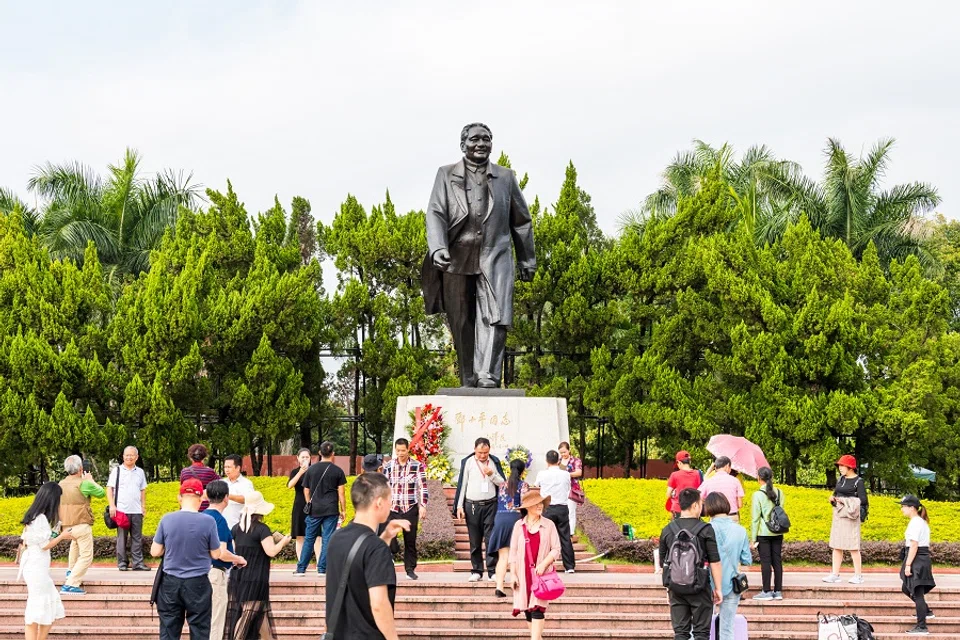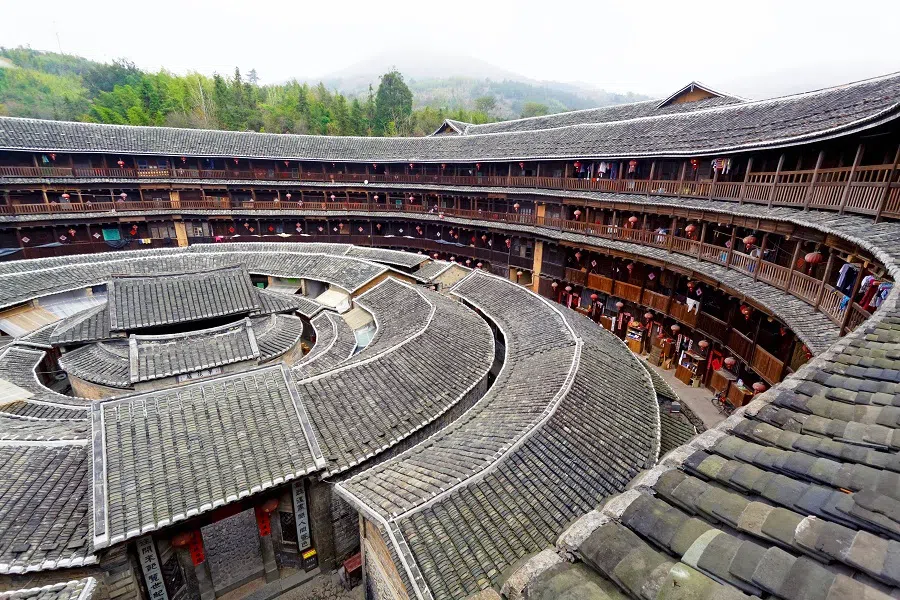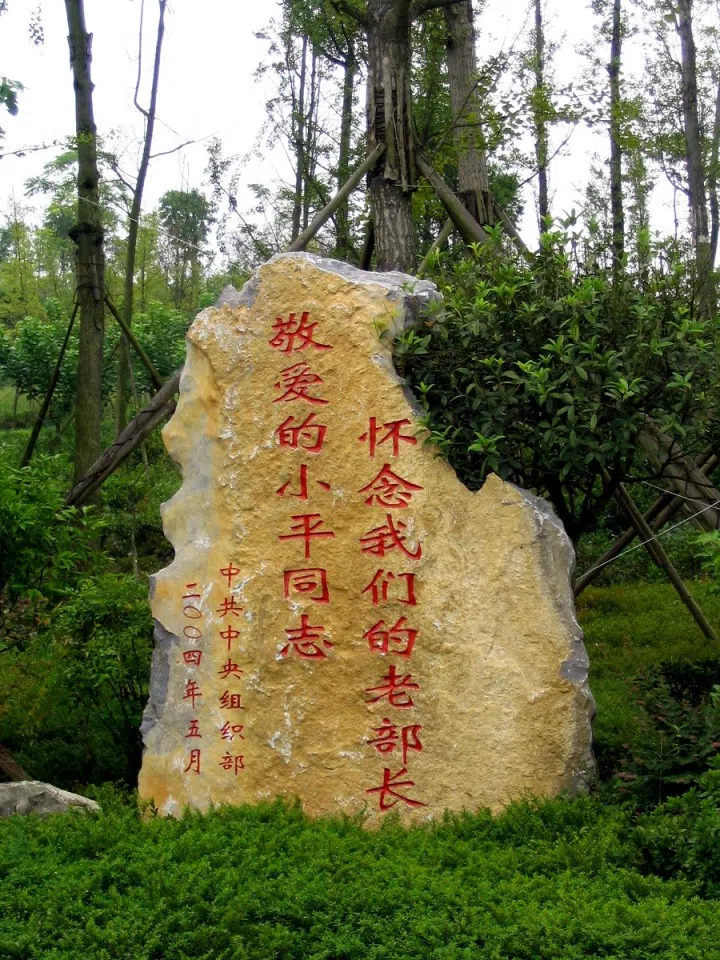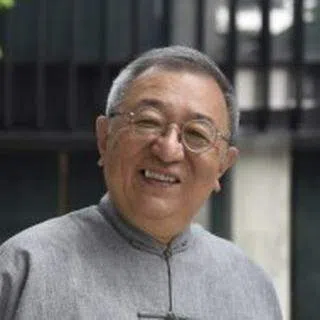Was Deng Xiaoping Hakka?
The Hakka people, or "guest people", are Han Chinese who were mostly northerners that migrated to the south of China to provinces such as Fujian, Guangdong and Sichuan. Some say that a common heritage and language, more than a specific region ties them together. Deng Xiaoping from Guang'an, Sichuan was not known to be one of the Hakka people, but arguable bits of history point otherwise, and some continue to insist on his Hakka ancestry.

"Was Deng Xiaoping Hakka?" a friend from Sichuan asked.
I replied, "Wasn't he from Guang'an, Sichuan? How did he become Hakka? It is perhaps true that the ancestors of Sichuan-born Zhu De [general/politician] and Guo Moruo [writer] were Hakka, but I have never heard that Deng Xiaoping was Hakka himself."
My friend explained that there have been arguments over the years and also intense debates online. He asked me to take a look online before making a judgement. I said that online disputes are like big-character posters during the Cultural Revolution - anyone can make a comment. Didn't someone say that George Washington was of Chinese descent? Or that Sanxingdui* was an alien civilisation? Then does that mean that the Sichuan people are all descendants of extraterrestrial beings? He asked me to stop joking and to just take a look at the online debates.
I had a look and found that some Hakka clan associations insisted that Deng's ancestors were Hakkas who had moved to Sichuan from Guangdong. Others disagreed, saying that Deng was indeed born and bred in Sichuan, and refused to allow the Hakka clan association to "steal" a great and noble man from them. Debates continued and no one gave way. In the end, people were arguing about the definition of Hakka, what the Hakka identity was, and what could be considered one's ancestry. People asked if someone could be considered Hakka if they did not know how to speak the language, and if someone must surely be Hakka if they did speak the language. The more they argued, the muddier the debate became, like foreigners playing tug of war in a mud pool, emerging drenched and unrecognisable. Looking at the debates, some were really interesting - hilarious even - and is in line with my theory that the more that "truth" gets debated over, the more muddled it becomes.
Debating debatable ancestry
Someone said that the Hakkas were a group of people from Zhongyuan (中原, the central plains of China) who had migrated to other parts of the country. So then, does this mean that most Han people are Hakka people so long as they did not stay put in Zhongyuan but migrated to other places and never moved back to their ancestral homes ever again? The debate over the Hakka identity is even more befuddling. It emphasises self-identity, which involves one's own will and subjective identity. So then, if the parents' generation thinks that they are Hakkas but their offspring do not identify with that, does it mean they are not Hakka people anymore?
Their children (Chinese American immigrants) only spoke English, not knowing a word of Chinese. Would they be considered Hakka? On the contrary, my American classmate who studied Hakka culture spoke superb Hakka. Would that have made him a Hakka person?

I had a white American classmate who specialised in the history of Hakkas in South China. He visited Hakka tulou (土楼, earthen buildings, rural dwellings of the Hakka people) every summer and self-identified with the Hakka culture and living customs. Would he count as a Hakka person then? As for ancestry, how many generations do we go back to? Seventy-odd generations of Confucius' descendants are scattered around the world today. Some are in Taiwan, in Guangdong, in Australia, and even in the US - are they all Hakka then? If there is no limit as to the number of generations we can go back to, can we say that the ancestors of Homo sapiens originated from East Africa and all of humankind are thus African Hakkas?
Using the Hakka language as a gauge does not hold water as well. During my nearly 30 years in the US, I got to know many friends who considered themselves Hakka. Their parents' generation still spoke the language, but they no longer spoke it themselves. Their children only spoke English, not knowing a word of Chinese. Would they be considered Hakka? On the contrary, my American classmate who studied Hakka culture spoke superb Hakka. Would that have made him a Hakka person?
Paramount leader Deng's possible Hakka lineage
Deng Xiaoping's daughter Deng Rong traced the genealogy of the Deng family through the late Ming and early Qing dynasties in the book My Father Deng Xiaoping (《我的父亲邓小平》). Cross-checking with historical data from that period, the story roughly goes like this:
In the 16th year of Emperor Chongzhen of Ming's reign (1643), Deng Shilian (邓士廉), an ancestor of the Deng family from Guang'an, Sichuan, became a jinshi (进士, imperial scholar). According to a record of jinshi in the Ming and Qing dynasties (《明清进士题名碑录》), Shilian was among the last batch of Ming dynasty scholars who made it to the honour roll in the guiwei (癸未, 1643) year. Calligrapher and poet Yang Tingjian was the top scholar at that time, while Shilian was in the 71st position of the third class. Shilian was then deployed to Guangdong where he became the last county magistrate of Haiyang, Guangdong, of the Ming dynasty. To escape war and chaos in Sichuan, Shilian's son, together with his two grandsons Sizu (嗣祖) and Shaozu (绍祖), came all the way to Guangdong from Guang'an, Sichuan, to seek refuge with him. Unfortunately, the family met with mishaps along the way, and only the brothers Sizu and Shaozu survived. They ended up in Wujiacun (伍家村, a village in the province of Yunnan) and were taken in by a local gentry scholar (员外) there.
Deng Xiaoping's ancestors indeed migrated to Guangdong and stayed there for over two decades before settling back down in their hometown of Guang'an, Sichuan again.

After Sizu grew up, the local scholar betrothed his daughter to him and the pair gave birth to a son. During Emperor Kangxi's reign, Sizu wanted to take the imperial examination. Coincidentally, the education inspector in charged of the examination was Li Xian'gen (李仙根), the son of Shilian's good friend. Li told Sizu that his grandfather Shilian had been killed during the Southern Ming era. Li persuaded him to comply with the imperial edict that asked all Sichuan people to return to their hometowns. Thus, Sizu, along with his wife, son, and brother, headed back to Guang'an, Sichuan, in the tenth year of Emperor Kangxi's reign (1671).
This is what happened in history. Deng Xiaoping's ancestors indeed migrated to Guangdong and stayed there for over two decades before settling back down in their hometown of Guang'an, Sichuan again. This means that the Deng family had always lived together in Guang'an and only left Sichuan during the period of chaos in the late Ming and early Qing period.
During that period, not only did rebel leader Zhang Xianzhong slaughter the Sichuan people, the region was also in turmoil because of a dynasty change, and the Qing soldiers were fiercely fighting against the peasant army and Southern Ming troops. Corpses covered the land, plagues broke out and people were suffering and barely surviving. It was not until the Qing soldiers destroyed the Southern Ming regime and restored peace and stability in Sichuan, that Deng Sizu (what a good name) returned to his hometown. Henceforth, the Deng family grew and Deng Xiaoping was born two hundred over years later.
So, what do you think? Was Deng Xiaoping Hakka? Or was he a Sichuan local through and through?
*An archaeological site in Sichuan with artefacts dating back to the ancient Shu state before it was allegedly conquered by the Qin state in 316 BC.
This article was first published in Chinese on United Daily News as "邓小平是客家人?".


![[Big read] When the Arctic opens, what happens to Singapore?](https://cassette.sphdigital.com.sg/image/thinkchina/da65edebca34645c711c55e83e9877109b3c53847ebb1305573974651df1d13a)


![[Video] George Yeo: America’s deep pain — and why China won’t colonise](https://cassette.sphdigital.com.sg/image/thinkchina/15083e45d96c12390bdea6af2daf19fd9fcd875aa44a0f92796f34e3dad561cc)